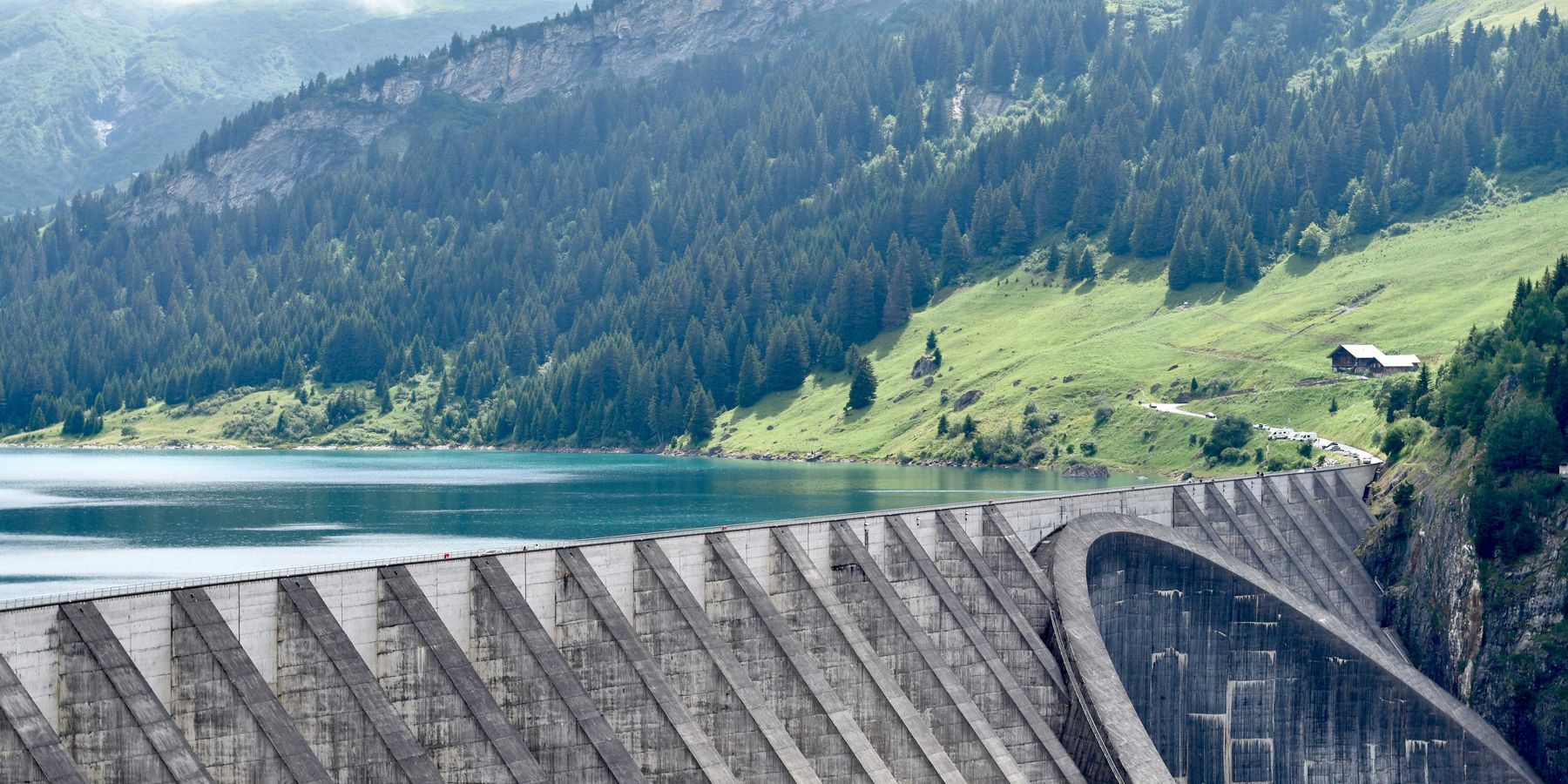Weekend Reader: Read this and weep.
A snapshot of the progress and opportunities lost on Election Day 2016.
The U.S. Chemical Safety Board is in the business of making sure we learn from disasters. They found the regulatory and management failures that killed 15 firefighters in the 2013 fertilizer plant explosion in West, Texas. The Trump Administration has let the CSB wither, and has recommended that it disappear entirely.
The tiny agency's budget is $12 million -- barely more than the cost of three weekend jaunts from the White House to Mar-a-Lago, according to the Government Accountability Oiffce.
Another oversight body, the Federal Energy Regulatory Commission (FERC), tried to weigh in on another Trump initiative -- the proposed intervention to aid failing coal and nuclear power plants by compelling coal and nuke power sales to the grid. The Administration cited "national security" concerns for such a move, but testifying before Congress this week, FERC commissioners said no such concerns exist.
But just in case we do need more uranium, there's this: An effort afoot to end a moratorium on uranium mining on land adjacent to Grand Canyon National Park. Citing possible risks to Colorado River water quality and to sacred sites, in 2012 the Obama Administration barred new mine leases in the area for 20 years.
And national security is also a premise for Rep. Mark Amodei (R-Nev.), who wants to roll back the environmental review process on extracting strategic metals like uranium. One of the major beneficiaries of such a move would be the mining giant Energy Fuels Resources, which holds mining claims near the canyon rim. As luck would have it, EF is owned by our new nemeses to the north: Canada.
One of the greatest bi-partisan advances in ocean protection could also fall in coming years. Both Presidents Obama and George W. Bush set aside massive areas as marine reserves. Trump and Zinke have targeted the Pacific Remote Islands Marine Monument for reduction in both size and scope. Centered around Johnston Atoll, 1,000 miles west of Hawaii, the Monument is nearly twice the size of Texas. Its ban on commercial fishing, including rapacious longline boats, may be revoked soon. Marine reserves are the saltwater equivalents of National Parks -- literally their 21st Century equals.
All from a President who has declared journalists, and our Fake News, to be America's biggest enemies. And all of the above without mentioning the relentless and picayune scandals of EPA's Scott Pruitt.
Top Weekend News
Ready for a little good news? For the first time in 33 years, the annual Chesapeake Bay Report Card shows some strong signs of a recovering Bay.
This summer could see record low water levels in the Colorado River and other western streams. (KUER Radio)y.y.
An AP investigation finds that "locally caught" and "sustainable seafood" are marketing terms that can often be used dishonestly.
Ken Ward, Jr. on conflicts of interest in West Virginia's natural gas deal with China. The West Virginia Gazette-Mail is part of a local reporting project with ProPublica.
Newly-elected President Carlos Alvarado's audacious pledge: A fossil-fuel-free nation by 2021. (MNN)
EHN's Must-Read Series, "Breathless"
EHN's Kristina Marusic has put together an ambitious series on challenges and solutions on asthma and air pollution. "Breathless" visits the schools, hospitals, and factories in the Pittsburgh metro area.
Opinion Pieces and Editorials
The Chicago Sun-Times unloads on climate change, Scott Pruitt, and the Trump Administration.
The Los Angeles Times renews its call for Scott Pruitt's head, but admits that it won't change the Trump Administration's environmental assault.
Dana Nuccitelli has a column in The Guardian criticizing the Wall Street Journal's "Big Oil propaganda."
This Week In Trump
The New York Times team's latest example of Scott Pruitt allegedly using his office for personal gain: Putting the arm on a Big Oil PR firm to score tickets to the Rose Bowl.
Republican opposition to Pruitt may have less to do with his ethical challenges than with his hostility toward ethanol.
Scientists at USGS face an onerous new requirement to get approval to attend science conferences: They must explain how their attendance will further one of Interior Secretary Zinke's goals. (Washington Post).
Podcasts of Note
Peter Sinclair's Climate Crock of the Week: The state of Germany's renewables transition.
On Public Radio International's Living On Earth, host Steve Curwood and EHN/Daily Climate's Peter Dykstra discuss the role of an infamous Superfund site as an open-air classroom; and a caper involving alleged water theft for fracking operations along the Texas-New Mexico border.
Get Ready for the Facepalm on This One:
From NPR: Alaska oil drillers are increasingly investing in technology to keep permafrost frozen to make oil drilling and transport easier. So we can get more oil. To melt the permafrost.













